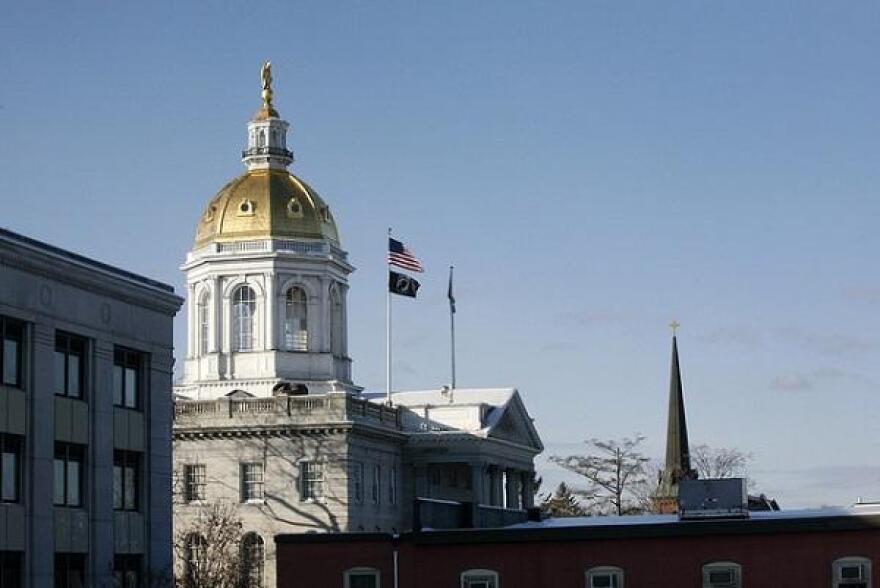Gov. Chris Sununu continued a string of summertime vetoes Friday, rejecting bills on renewable energy, the state minimum wage, and education.
The record number of vetoes underscores the partisan and policy clashes that have defined the governor's second term, with Democratic majorities in the Legislature repeatedly passing priority bills, only to have Sununu strike them down with his veto pen.
(Click here for a full list of all the bills Sununu has vetoed this legislative session.)
Here’s a summary of the most recent round of the governor’s vetoes:
For the second year in a row, Sununu vetoed a minimum wage increase. The bill would have raised New Hampshire’s minimum wage to $10 an hour next year, and $12 an hour in 2023.
In his veto message, Sununu wrote that “artificial increases in the minimum wage hurt the lower-wage workers an increase is aimed at helping, because businesses may be forced to reduce hours or eliminate jobs entirely.”
Get stories like this in your inbox - sign up for our newsletter today.
Democrats counter that the current minimum wage in the state, $7.25 an hour, isn’t a livable wage, and that New Hampshire is struggling to attract workers who can earn more in neighboring states, all of which have higher minimum wages.
Sununu also handed down another expected veto of a clean energy plan Friday. He rejected a bill that would expand New Hampshire's Renewable Portfolio Standard by increasing how much solar power utilities must use.
Right now, the state caps that solar requirement at 0.7 percent from this year forward. The bill Sununu vetoed would have increased that to nearly 19% by the year 2040.
Sununu says it represented a handout to the state's fledgling solar industry.
The bill also would have set a higher standard, to make clean energy cover more than half of New Hampshire's fuel mix by 2040. The current standard levels out at around 25 percent in 2025.
Finally, Sununu vetoed a bill that would have made it more difficult for the state to begin a new program for alternative learning, called "Learn Everywhere." It’s an initiative of the state Department of Education that requires schools to give students credit for extracurricular learning programs, even if they're not approved by local school districts.
Democrats have been fighting the program for over a year, saying it undermines public schools and local control. Sununu said the bill would have restricted the ability of parents to seek out educational alternatives, and that it stifled innovation.







